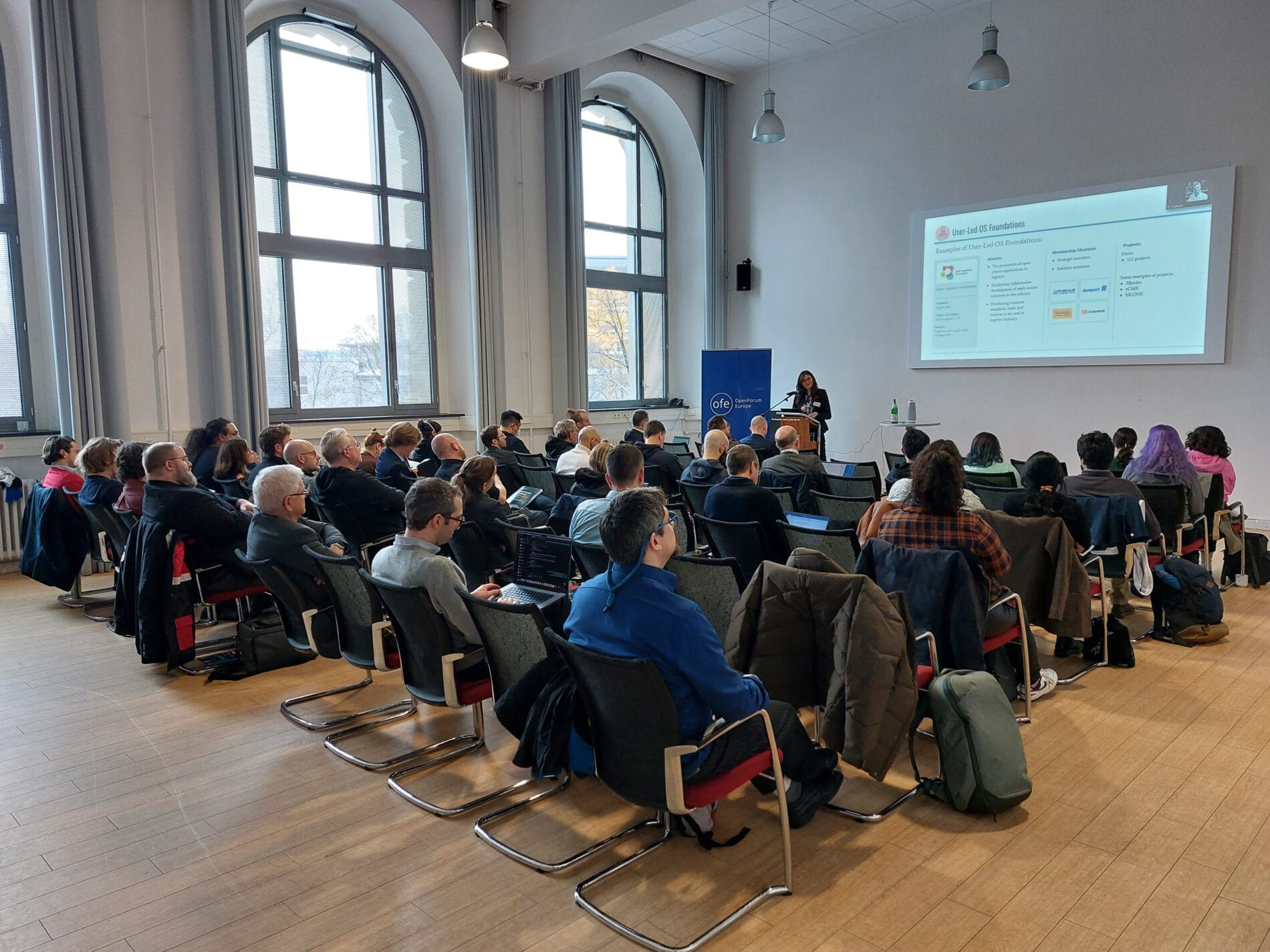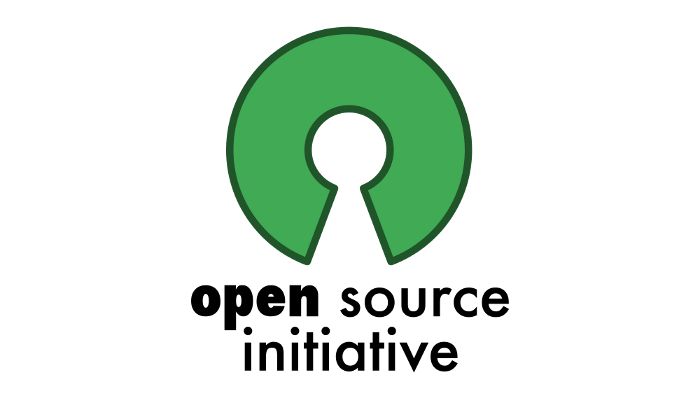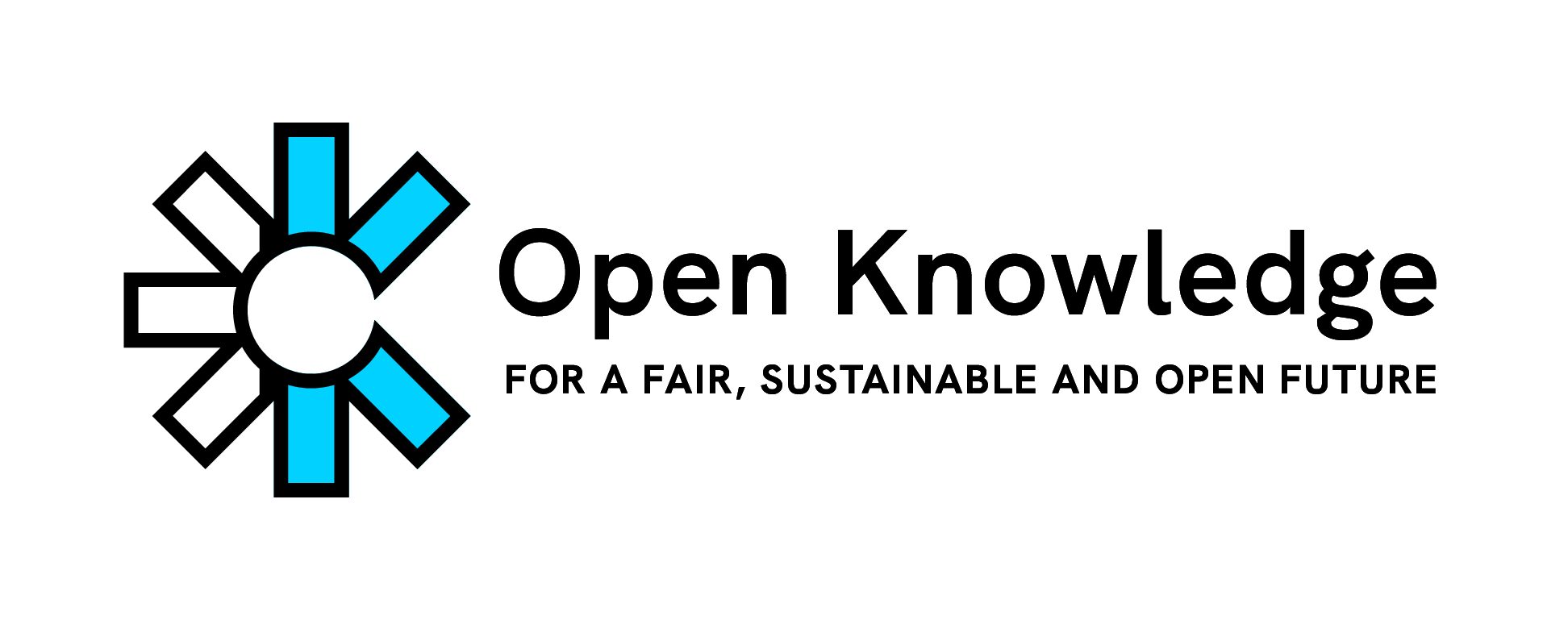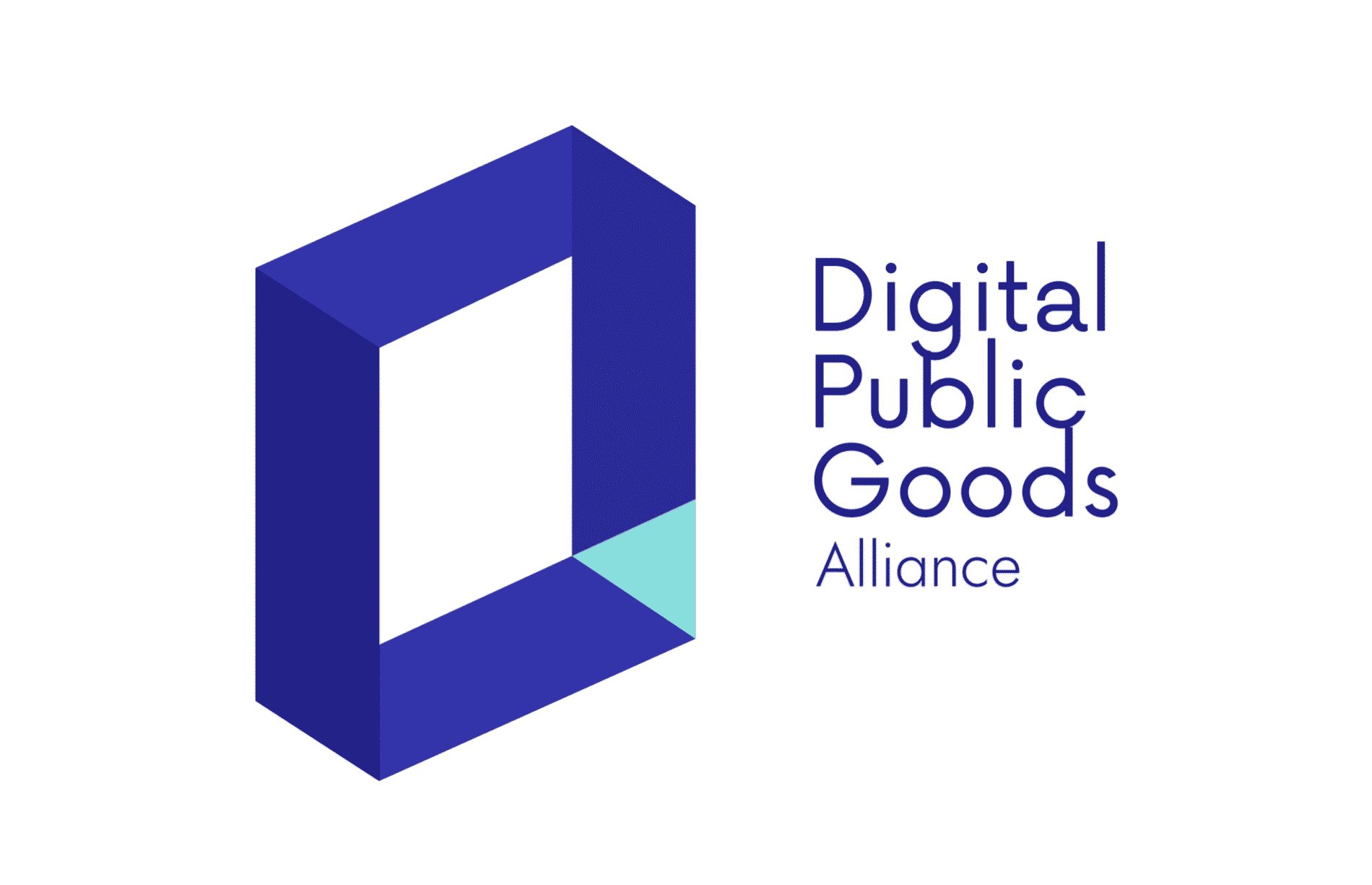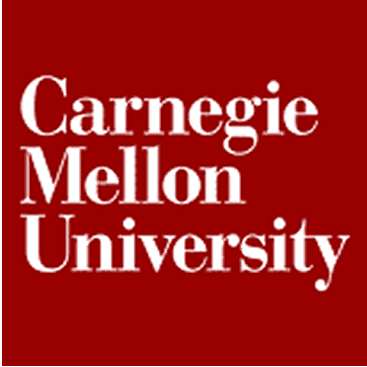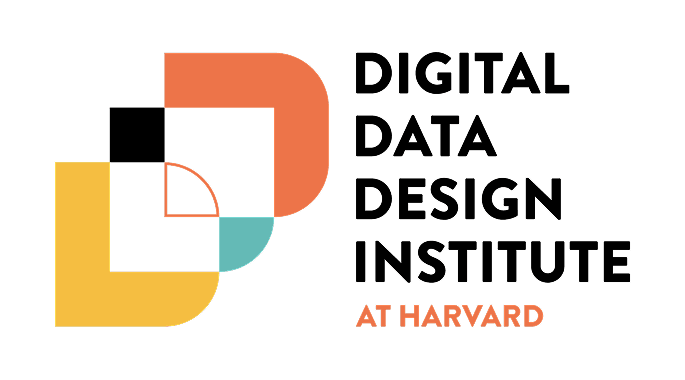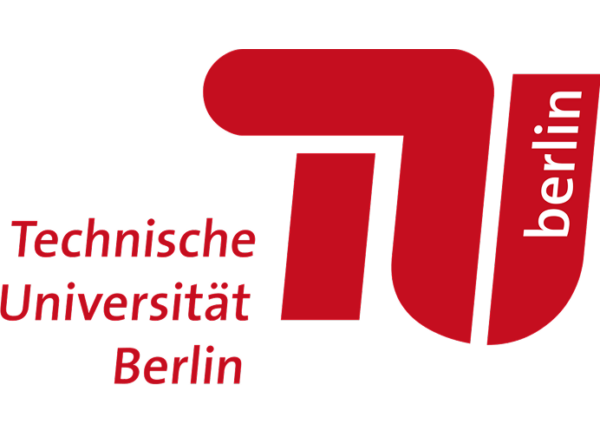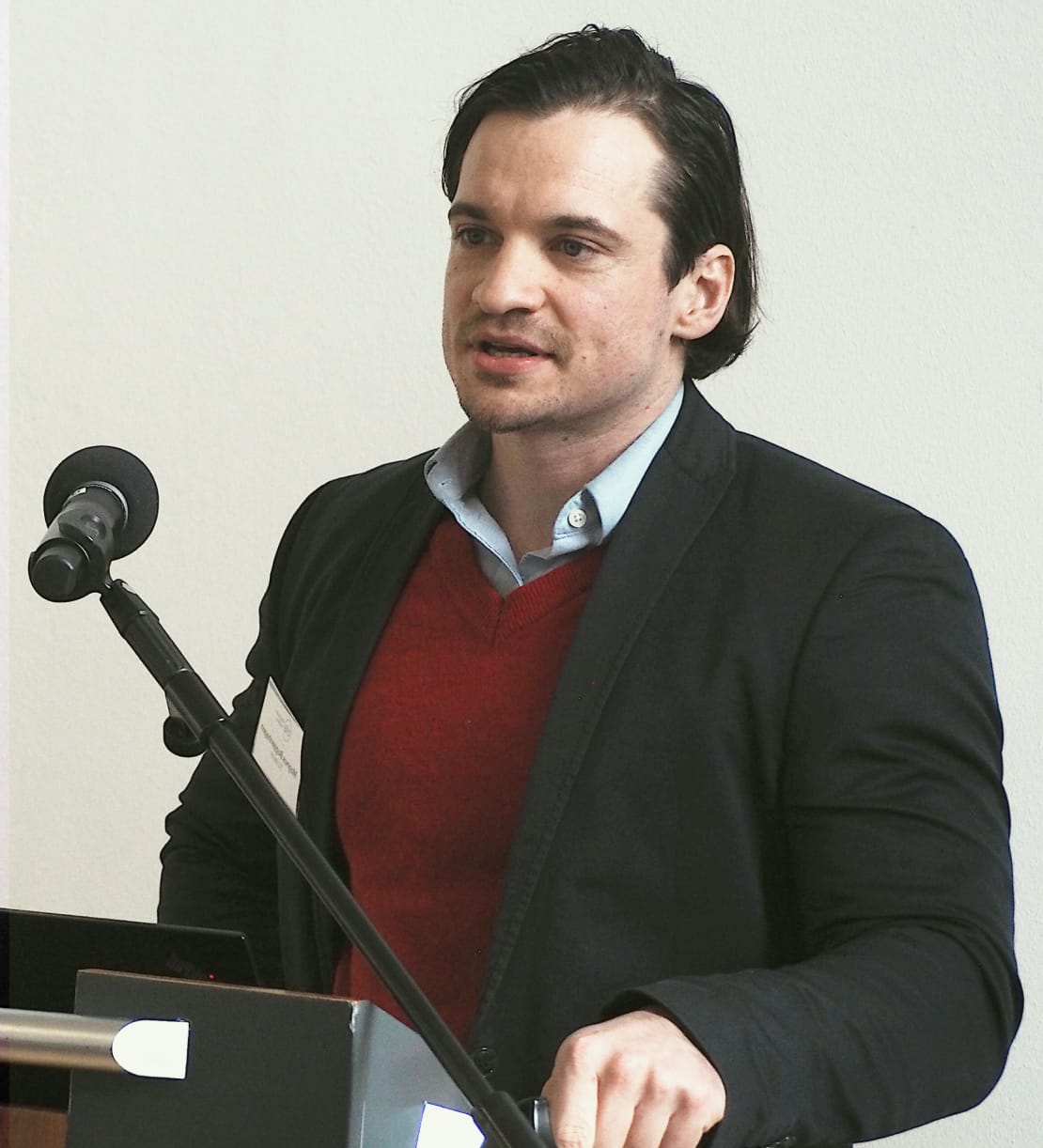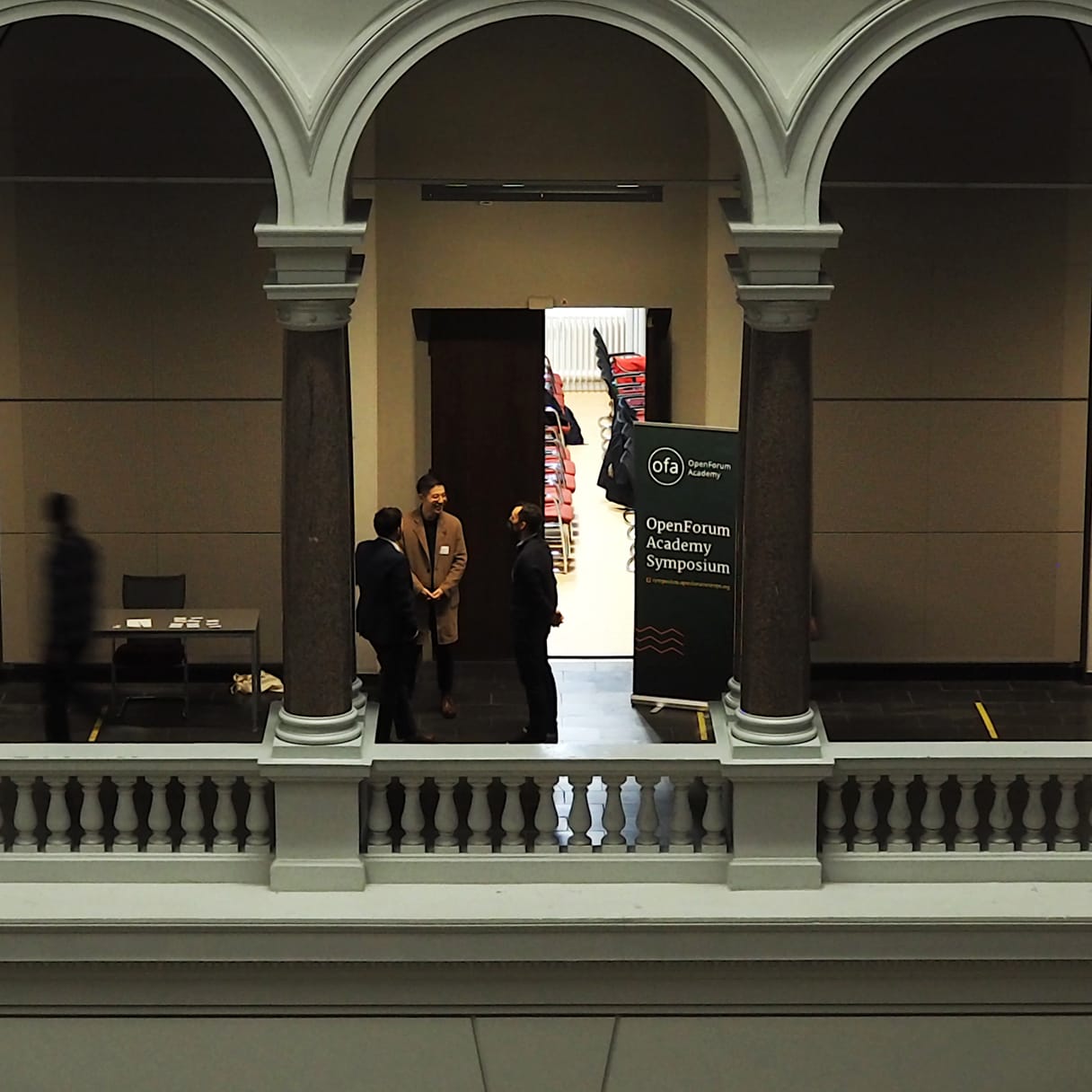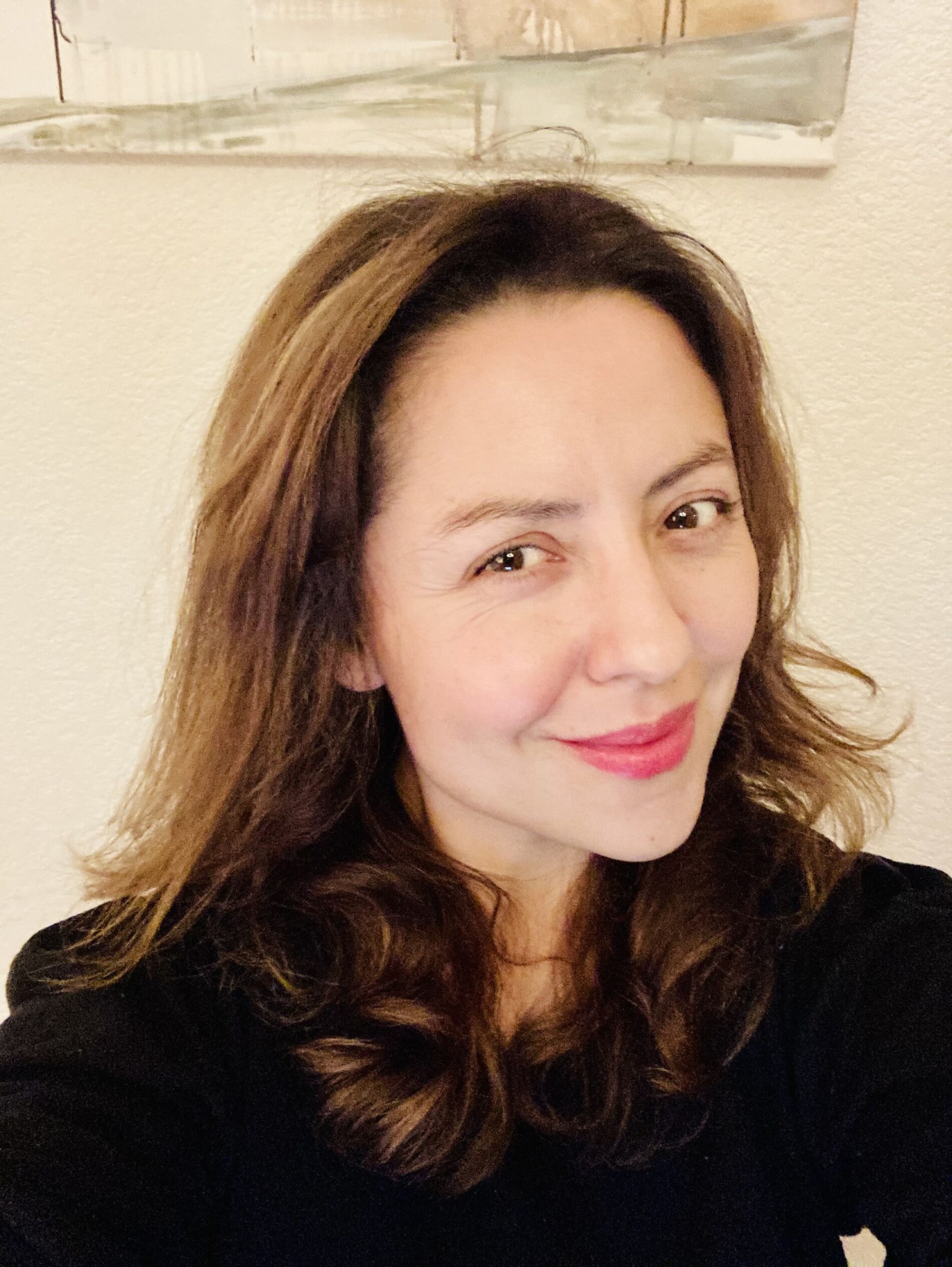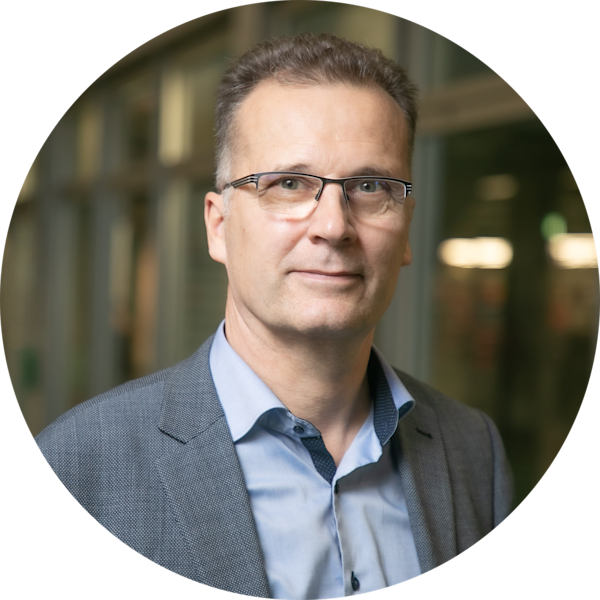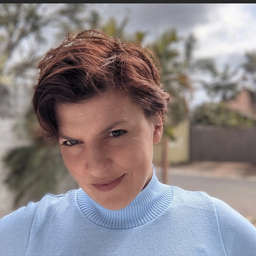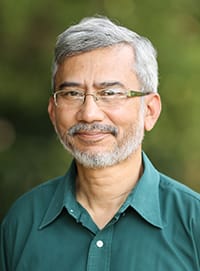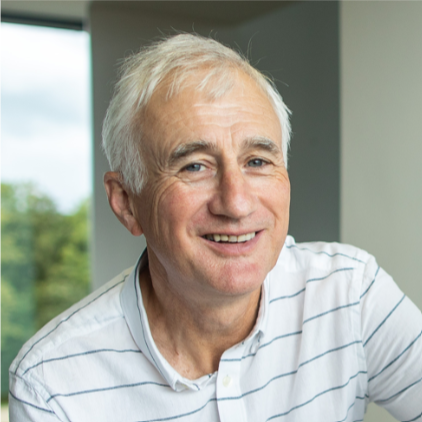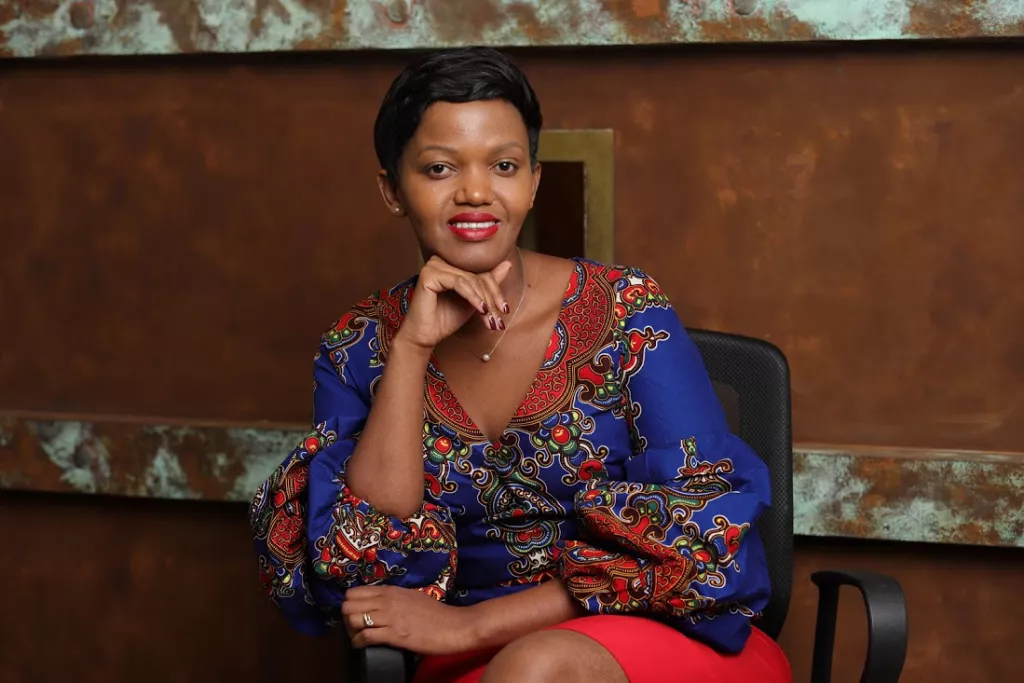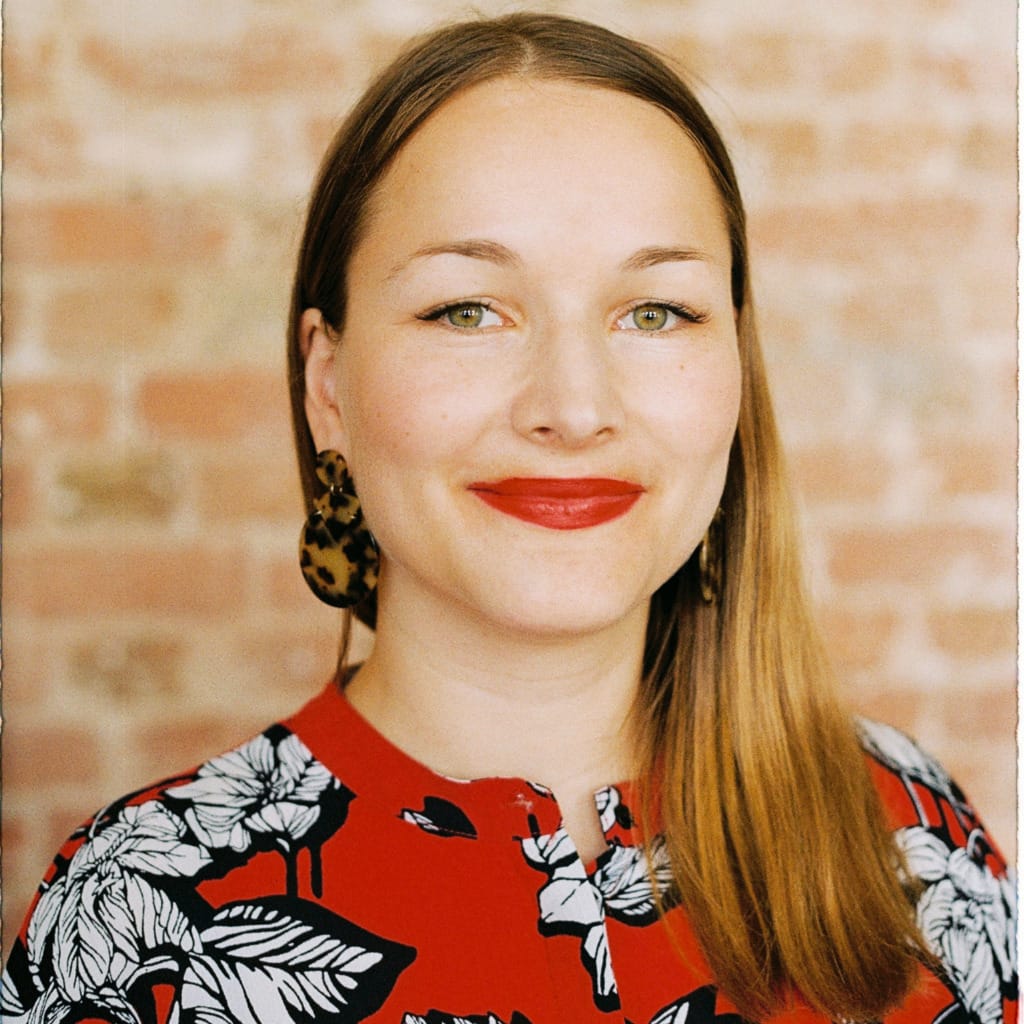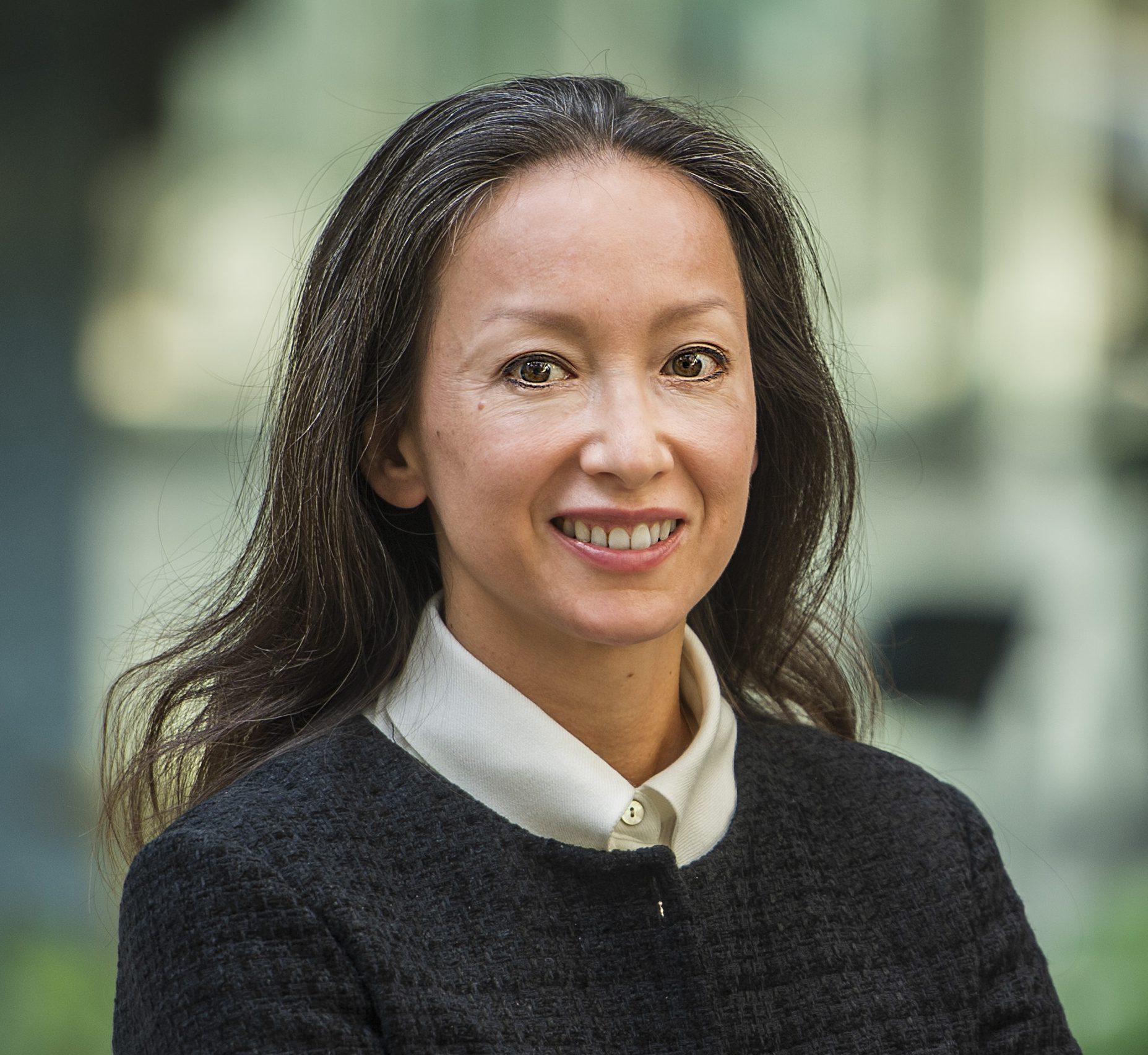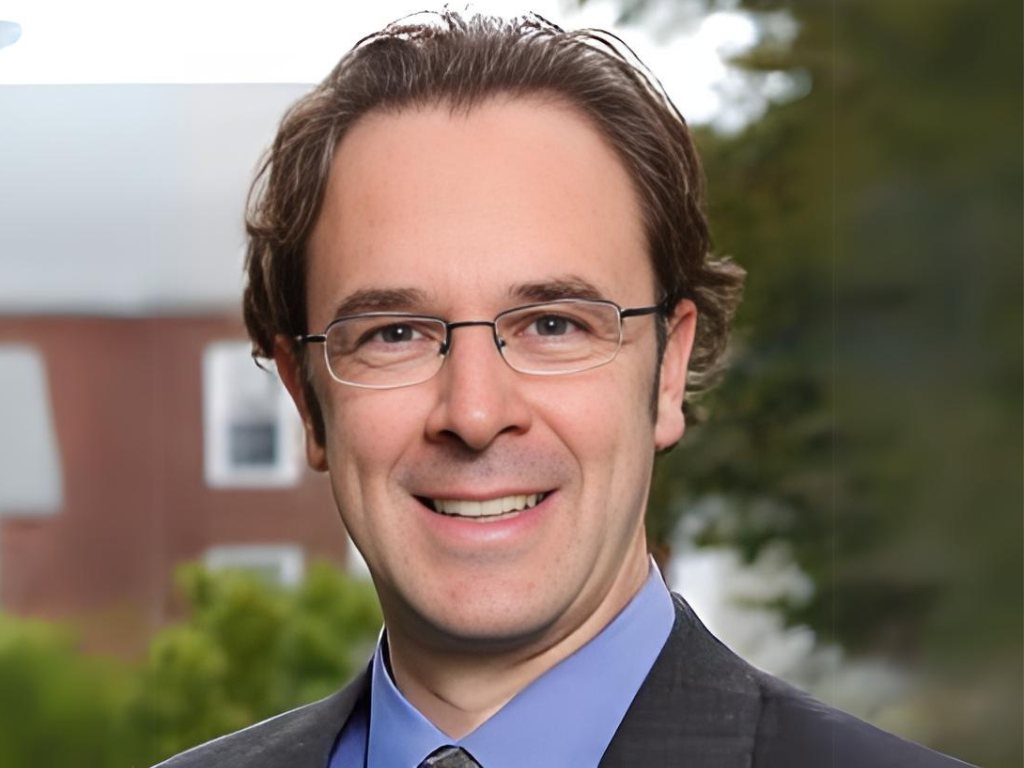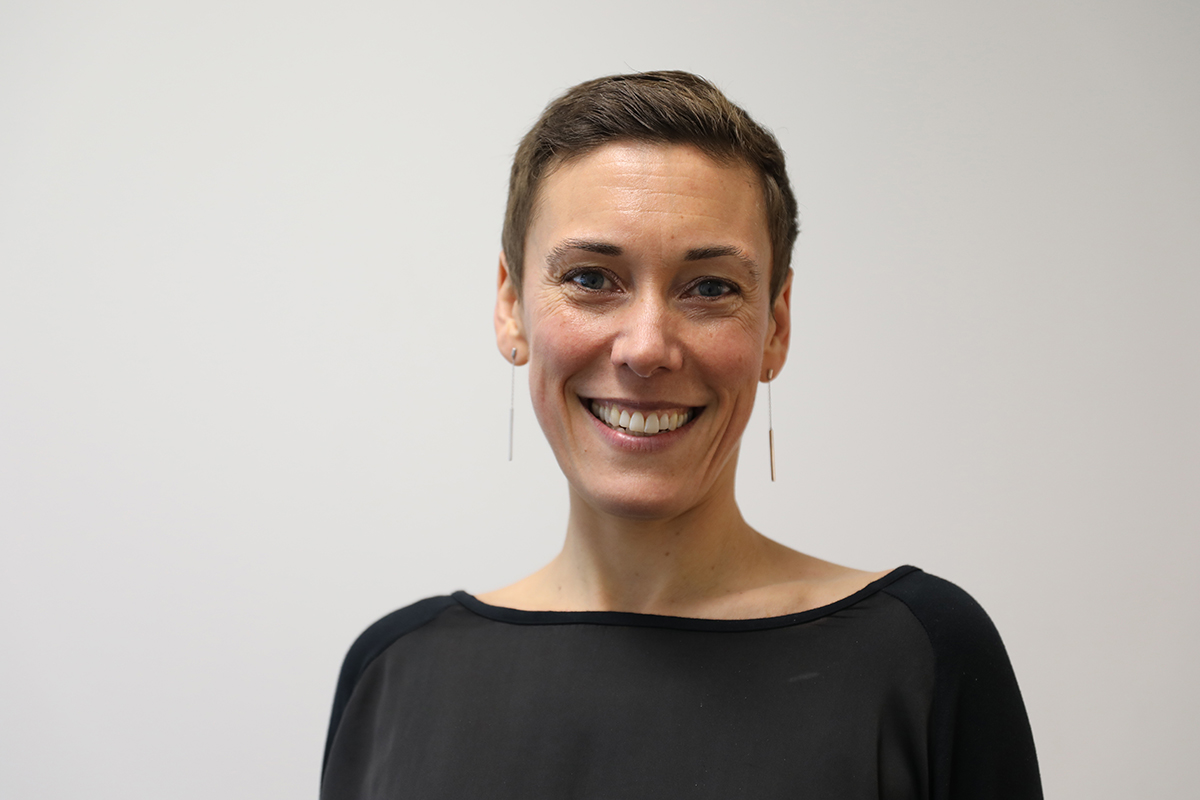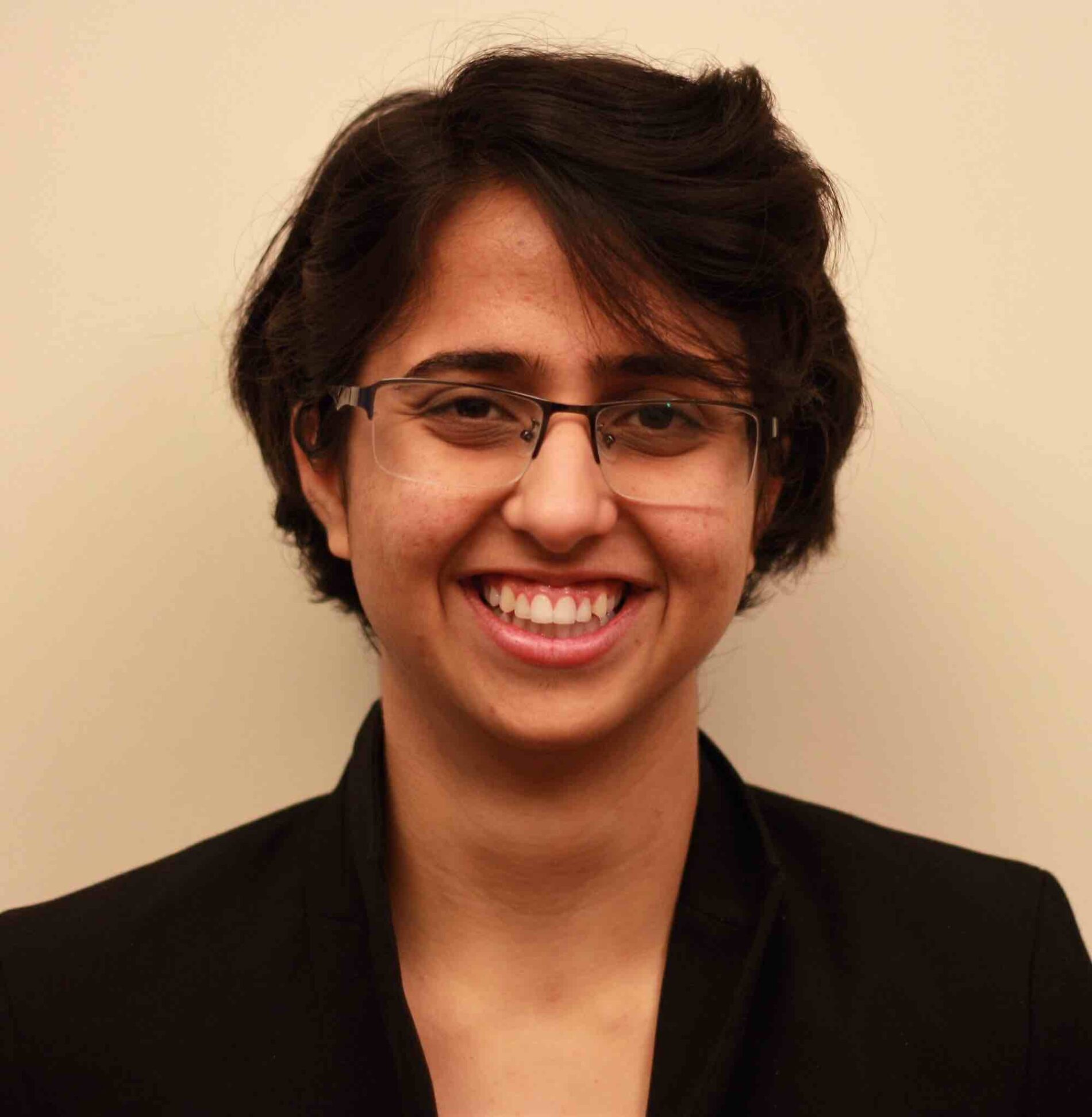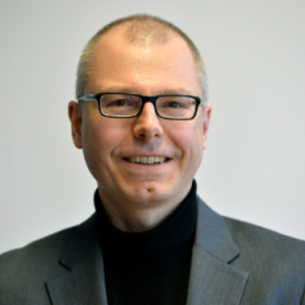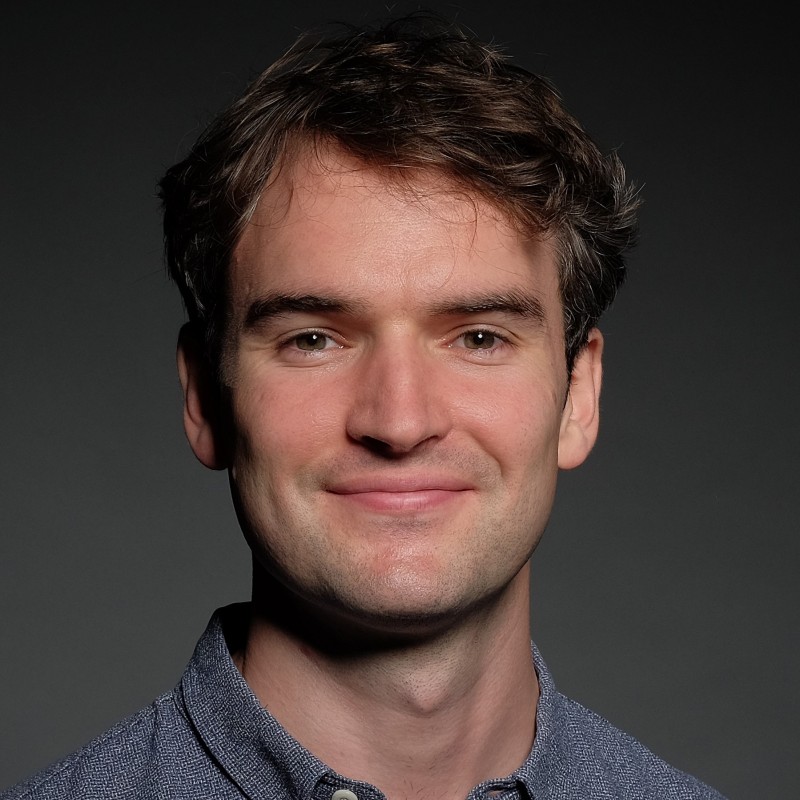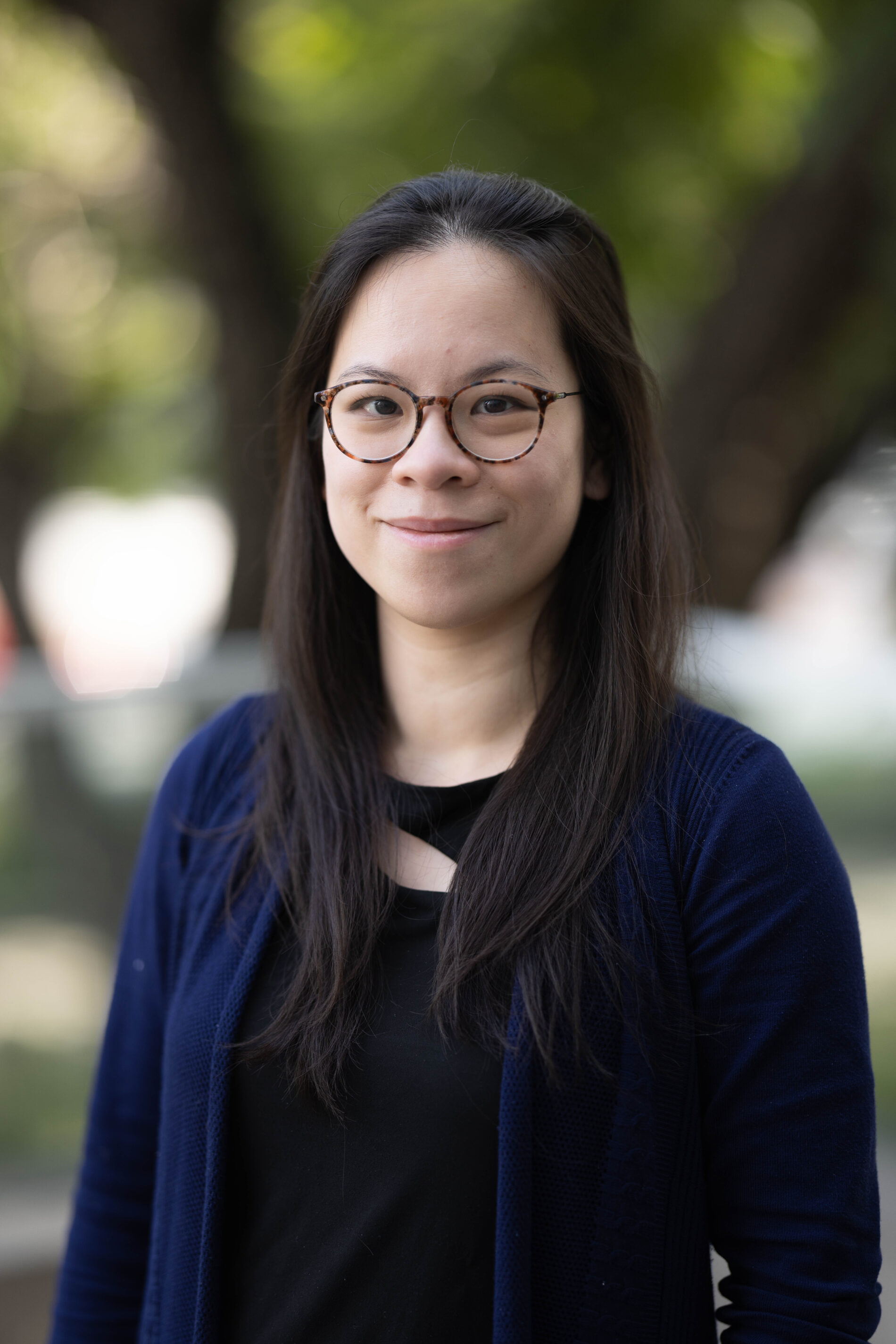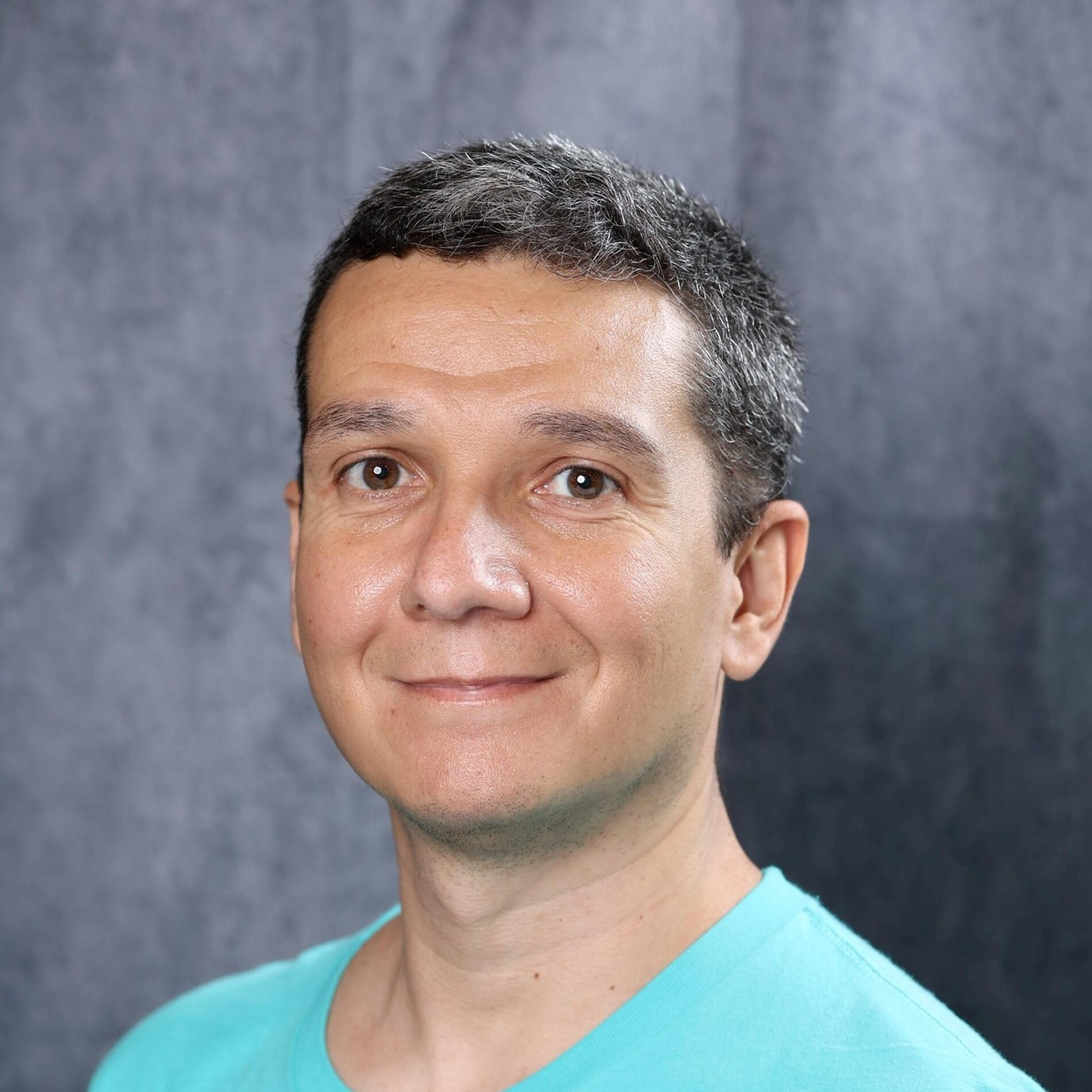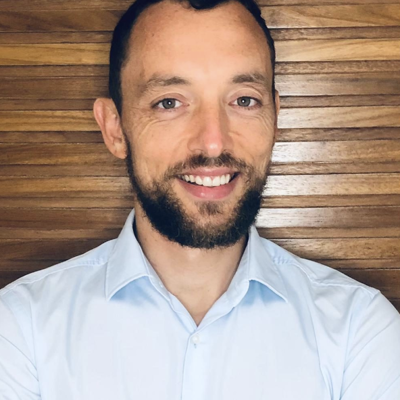Call for Papers
How do I access the submission website?
The Call for Papers for the OFA Symposium 2025 is now closed.
When does the Call for Papers end?
The deadline for submitting your proposal was June 18, 2025 at 23:59 Brazil local time.
What types of papers/presentations can I submit?
The conference welcomed submissions in three categories:
- Research Papers: Complete research in aspects of Open Source and Open Technologies
- Presentation of Ongoing Research: Short summary papers describing ongoing research
- Topical Presentations: Presentations of work in progress, recent developments, or new ideas
What topics are covered at the Symposium?
The four main submission tracks for the event are as follows. More information can be found here.
- Economic Impact of Open
- Open Technologies and Geopolitics
- Sustainability and Security
- Open Source and AI
What are the requirements for each submission type?
The requirements for each submission type are as follows.
- Research Papers: No page limit, abstract of 300 words maximum
- Presentation of Ongoing Research: 6-10 page summary, abstract of 300 words maximum
- Topical Presentations: 2-4 page abstract or summary, 300 words maximum for initial submission
Note that you need only submit the abstract for review, while the full paper/summary/abstract will need to be submitted by 12 October if your talk is accepted.
How long will my presentation be?
Presentation lengths are as follows:
- Paper Presentation: 20 minutes + 10 minutes Q&A
- Presentation of Ongoing Research: 15 minutes + 5 minutes Q&A
- Topical Presentation: 15 minutes + 5 minutes Q&A
What are the key dates I should be aware of?
The main deadlines for the event are as follows:
- 2 April 2025: Release of the Call for Proposals
- 1 June 2025: Closing deadline of the Call for Proposals
- June 2025: Review of proposals by the Programme Committee
- By 25 July 2025: Program finalisation and speaker notification
- By End of July: Program announcement
- 12 October: Deadline for submission of completed paper, summary, or abstract/summary (pending acceptance)
- 18-19 November 2025: OFA Symposium 2025 in Rio de Janeiro, Brazil
Will I be asked to submit anything else?
We generally will reach out to speakers to submit the presentation for their talk. This can be done up until a few days before the event.
Papers
Are there any submission requirements for papers, summaries, or presentations?
No! We only ask that the papers be content complete and legible, with standard font and margin sizes. We leave to your discretion how you would like to format your paper, though please be aware that it might be shared publicly if you choose that option when submitting. Presentations can be formatted as you choose.
Is it possible to share my paper publicly or submit it to a journal?
All reports, summaries, and presentations from the conference will optionally be made available via a dedicated Zenodo community. For more information on Zenodo, check out their website. We also recommend submitting pre-prints of your paper, even if they will later be published in journals or specific locations, to ArXiv.org, an open-access archive and free distribution service which houses nearly 2.4 million scholarly articles.
We are exploring options to produce a special-edition journal for the OFA Symposium 2025, but cannot guarantee anything just yet. For more information, check back here in a few weeks or reach out to nicholas@openforumeurope.org.
Travel and Accommodation
Do I need a visa to travel to Brazil?
Visa requirements for Brazil vary depending on your nationality. We recommend checking with the Brazilian embassy or consulate in your country well in advance of your travel dates. For reference, we recommend checking the visa requirements by country on the Brazilian federal website.
Note that visa requirements can change regularly and we recommend keeping on top of these updates in the lead-up to the event. (For example, for those travelling from the U.S. and Canada they have just changed and will require a short application for a visitor visa. More details here.)
Is there financial support available for travel?
Those individuals who are submitting talks or papers can request travel support during their submissions. We aim to support a number of speakers to travel to the event and will make all final decisions on a case-by-case basis, depending on budget and in accordance with the situation of each individual.
Are there security considerations when visiting Rio de Janeiro as an international visitor?
Like many major cities, Rio de Janeiro has areas that are safer than others. FGV Law School is located in a well-monitored area. We recommend taking standard travel precautions such as being aware of your surroundings, not displaying valuable items openly, and using official taxis or ride-sharing services.
Venue Information
Where exactly is the venue located?
The OFA Symposium 2025 will be held at FGV Rio Law School in Rio de Janeiro, Brazil. The full address is: Luiz Simões Lopes – 13º Andar, Campus Botafogo, Praia de Botafogo, 190 – Botafogo, Rio de Janeiro – RJ, 22250-900, Brazil.
Will Wi-Fi be available at the venue?
Yes, complimentary Wi-Fi will be available for all participants throughout the venue.
Will food and beverages be provided?
Yes, food and beverages will be provided. Light refreshements and snacks will be provided for breakfast, and lunch will be fully catered. A social event will be organised on the first evening of the conference, with more details to come.
Registration
How do I register for the Symposium?
Registration for the OFA Symposium 2025 is open and will remain open until 17 November 2025. You can register through our website at https://symposium.openforumeurope.org/#register.
What are the registration fees?
Our conference is made entirely free through the generous donations of our partners and sponsors.
Will I receive a confirmation for my registration?
Yes, you will automatically receive a confirmation upon completing your registration. If you require a specific format for your confirmation or need additional information included, please contact events@openforumeurope.org. In the lead-up to the event, you will be requested to confirm your attendance As the event is free of charge, this allows us to manage capacity effectively and ensure that any available spots can be offered to others on the waiting list in case we run out of seats.
Additional Information
Who can I contact if I have questions not answered here?
For any additional questions, please contact the organising committee at events@openforumeurope.org. You can also reach out to the lead organiser for the event, Nicholas Gates, at nicholas@openforumeurope.org.
Will there be opportunities for networking?
Yes, the Symposium program includes dedicated time for networking. [Insert information about any specific networking events, receptions, etc.]
Is there a code of conduct for the event?
This event abides by the same standards as OpenForum Europe’s Community Participation Guidelines. You can find more information on the guidelines here.
How can I stay updated about the Symposium?
You can sign up for our newsletter on the event website (at the bottom) to receive updates about the Symposium, including program announcements, speaker highlights, and other important information. Do also stay tuned to our social media channels.
